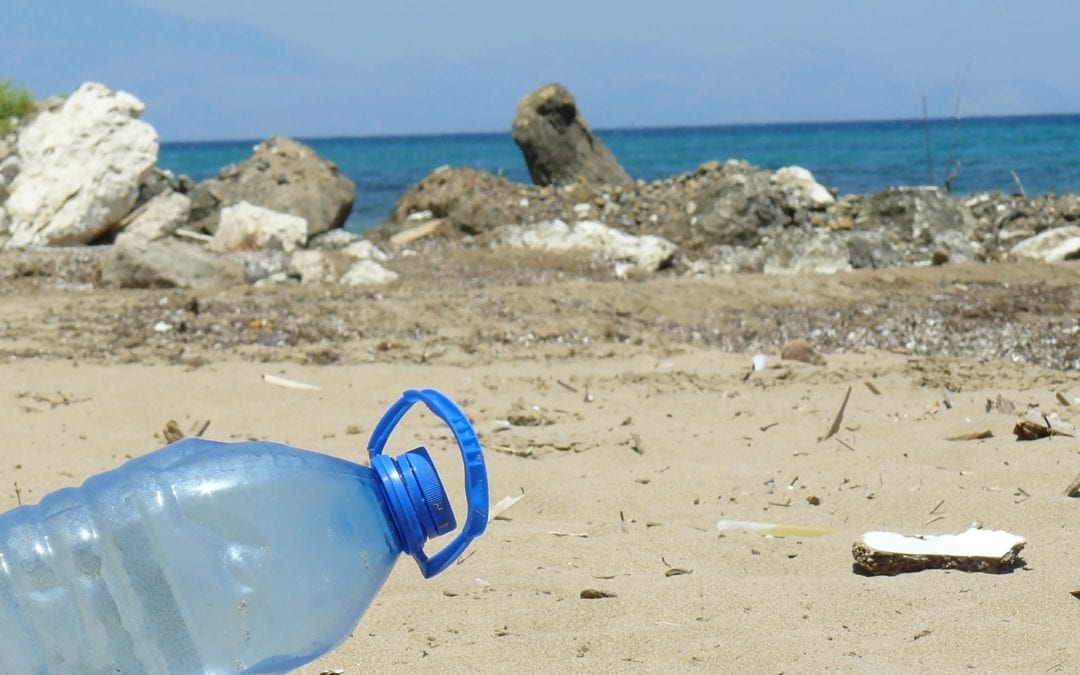There were a lot of topics discussed in the G7 summit in Ottawa last month. One major topic of conversation was related to ocean pollution and this has resulted in the newly formed Ocean Plastics Charter. This charter has been signed by leaders of Canada, France, Germany, Italy, the United Kingdom and the European Union, the remaining G7 members – Japan and the United States – have not signed the document.
One of the major points of action regarding the Ocean Plastics Charter is to significantly reduce unnecessary single-use plastics. In addition, to design a better recovery and recycling systems and to further develop the secondary plastics market. This will be done by using policy measures and developing international incentives, standards or requirements in regards to plastic production. The charter has a set target to increase the recycled content in plastics to at least 50% by 2030 as well as recover 100% of all plastics by 2040. Other commitments made are to work with the industry to reduce plastic microbeads in cosmetic and personal care consumer products by 2020 in applicable nations as well as address other sources of microplastic pollution.
Although much of the public praise for the committed G7 countries and their initiative to reduce plastic waste in the ocean, there is just as much criticism against the charter as many believe that these nations are not doing enough to reduce ocean plastic pollution. Greenpeace Canada states that this charter is a non-binding, voluntary agreement and does not certify any action in reducing plastic pollution. The charter’s focus on recycling and recovering plastics is called out for not solving the issue with current plastics present in the ocean. Greenpeace also states how the “recovery” of plastic waste is simply a euphemism used by governmental organizations for burning collected plastic waste which goes to contribute to toxic air pollution.
Although this charter promises a lot from the jurisdictions that signed it, many hope that these prominent countries work to actively reduce plastic use rather than recycle their way out of this problem.
For more information, please do not hesitate to contact Focal Point Research Inc. We are leading North American Regulatory Consultants for Packaging Development, Natural Health Products, OTC Drugs, Cosmetics, and other personal care products.


Recent Comments